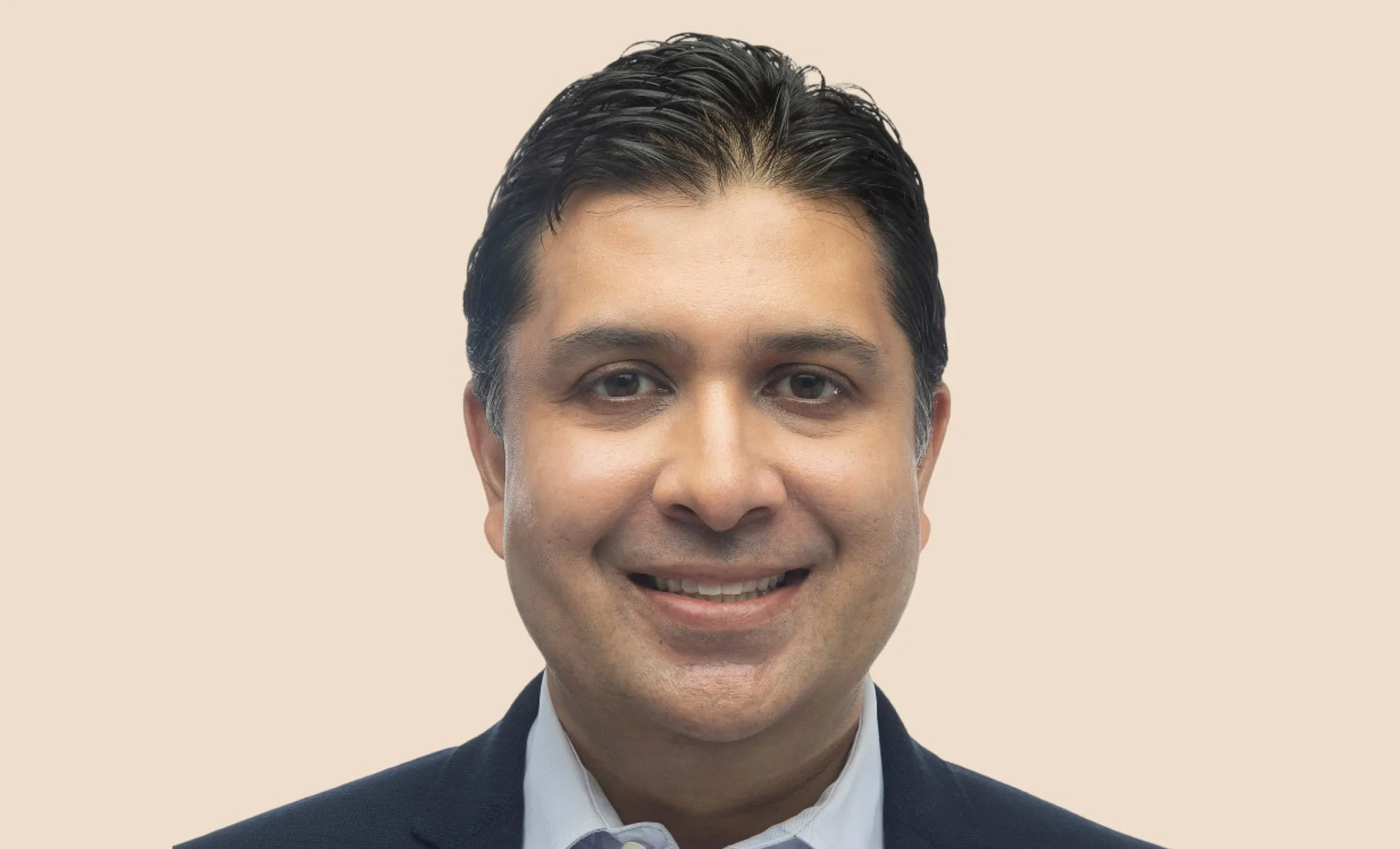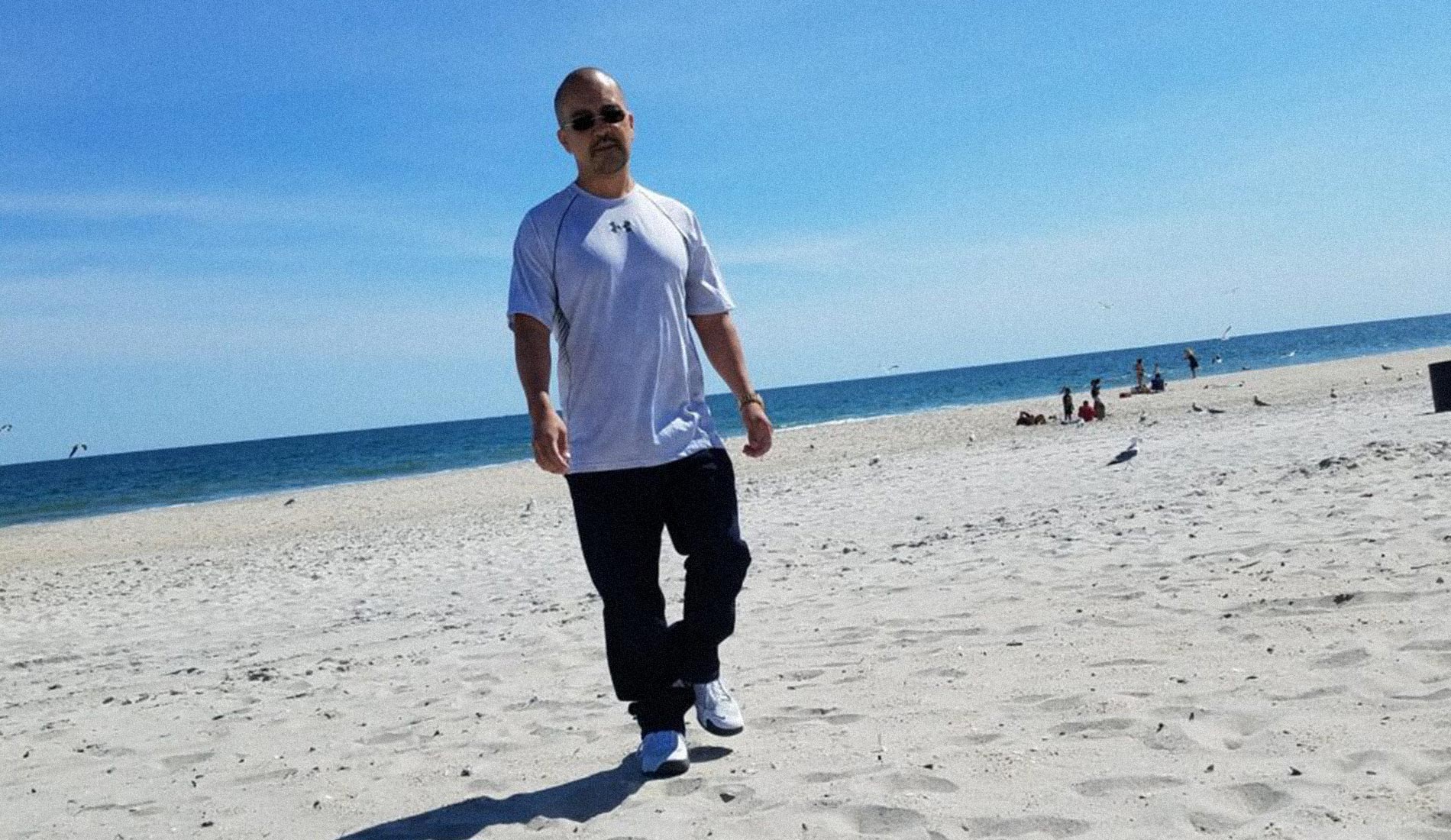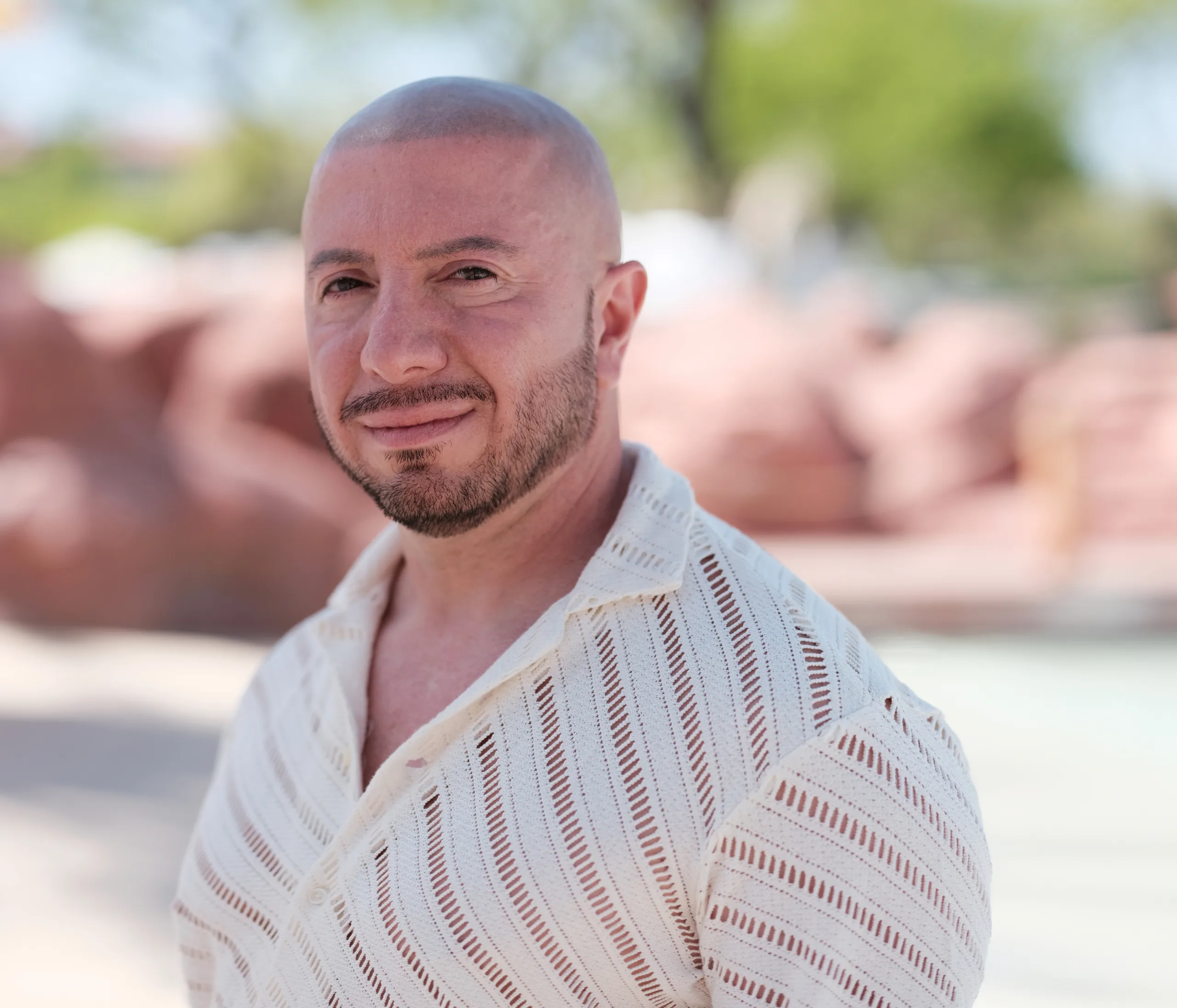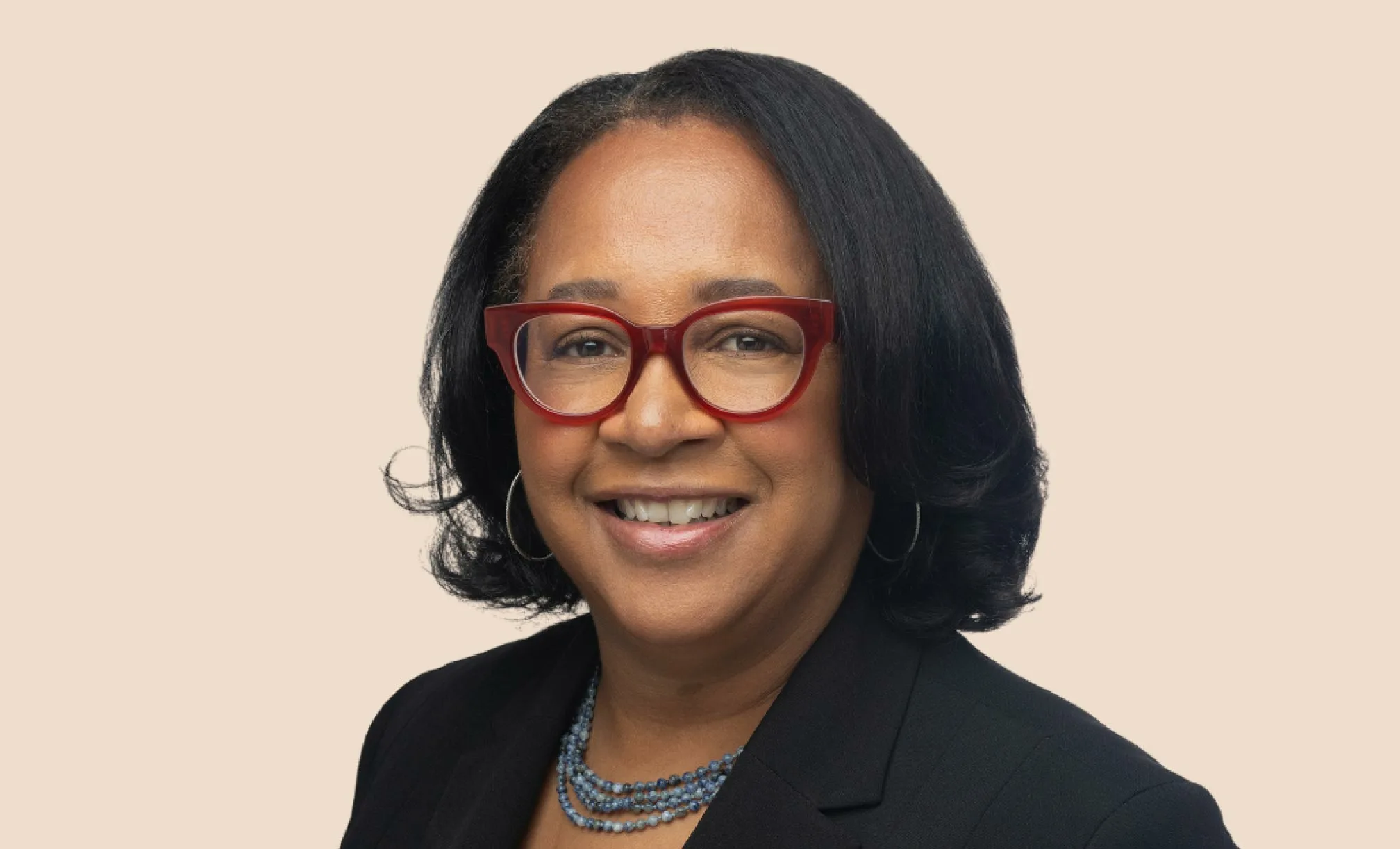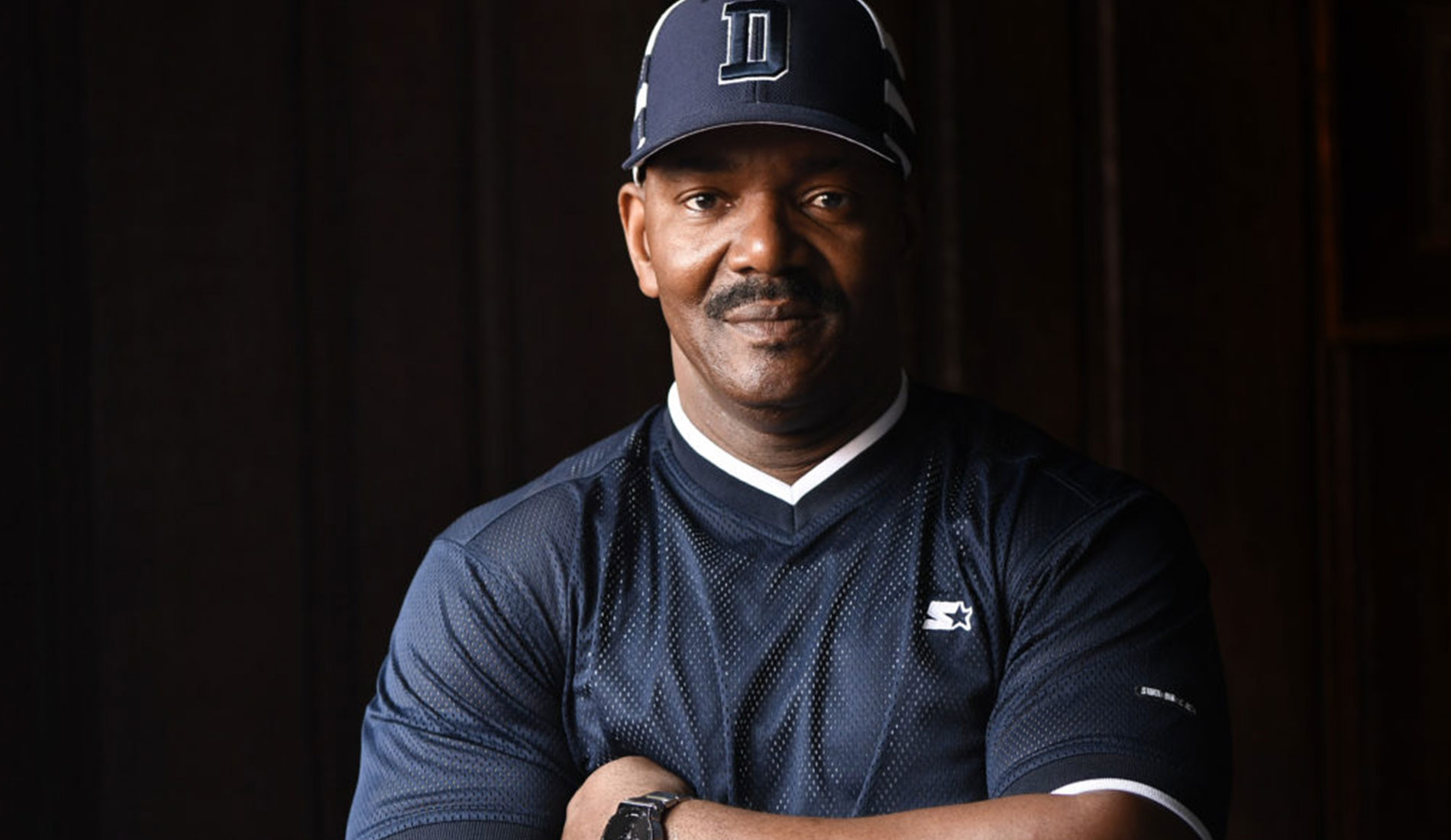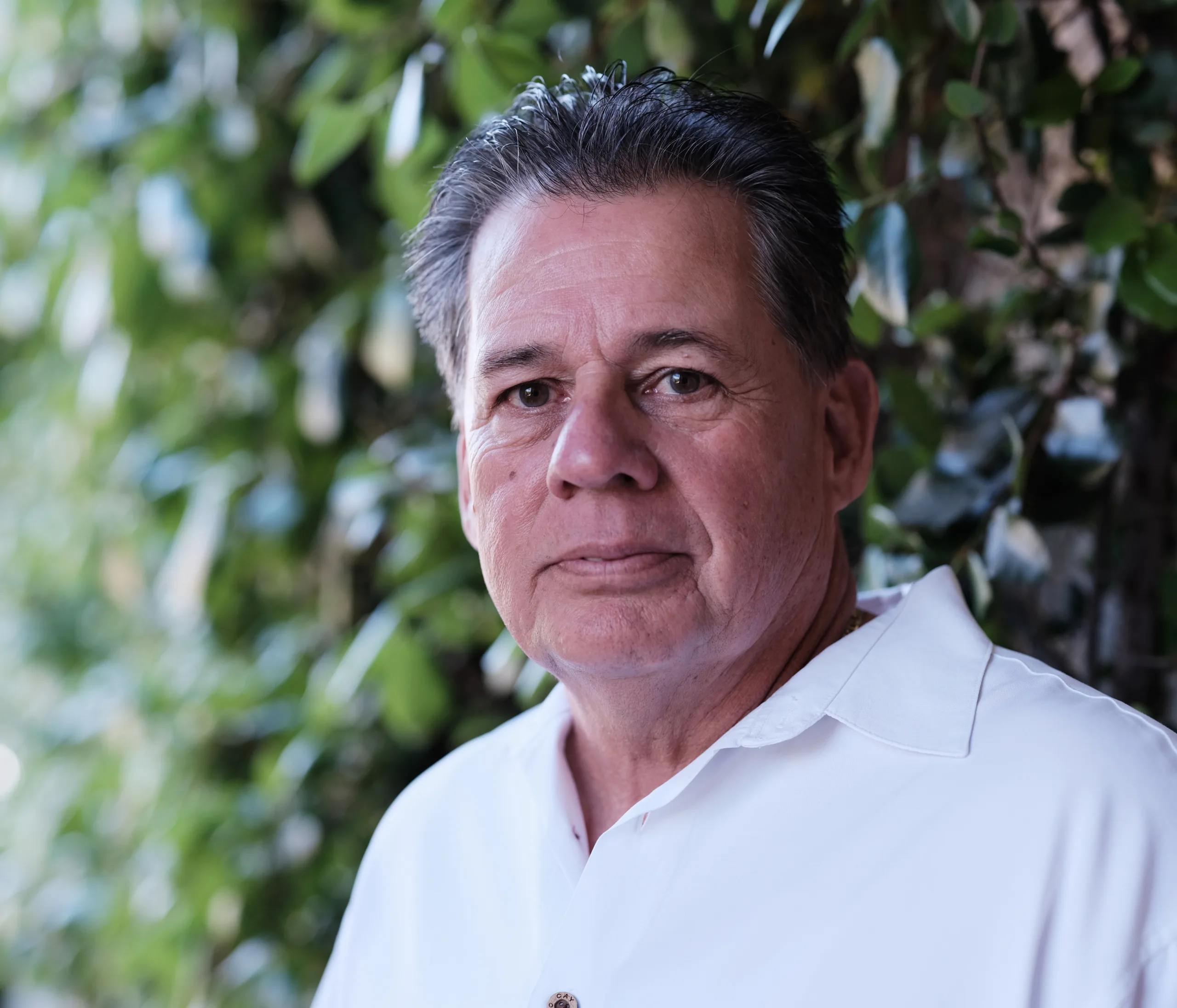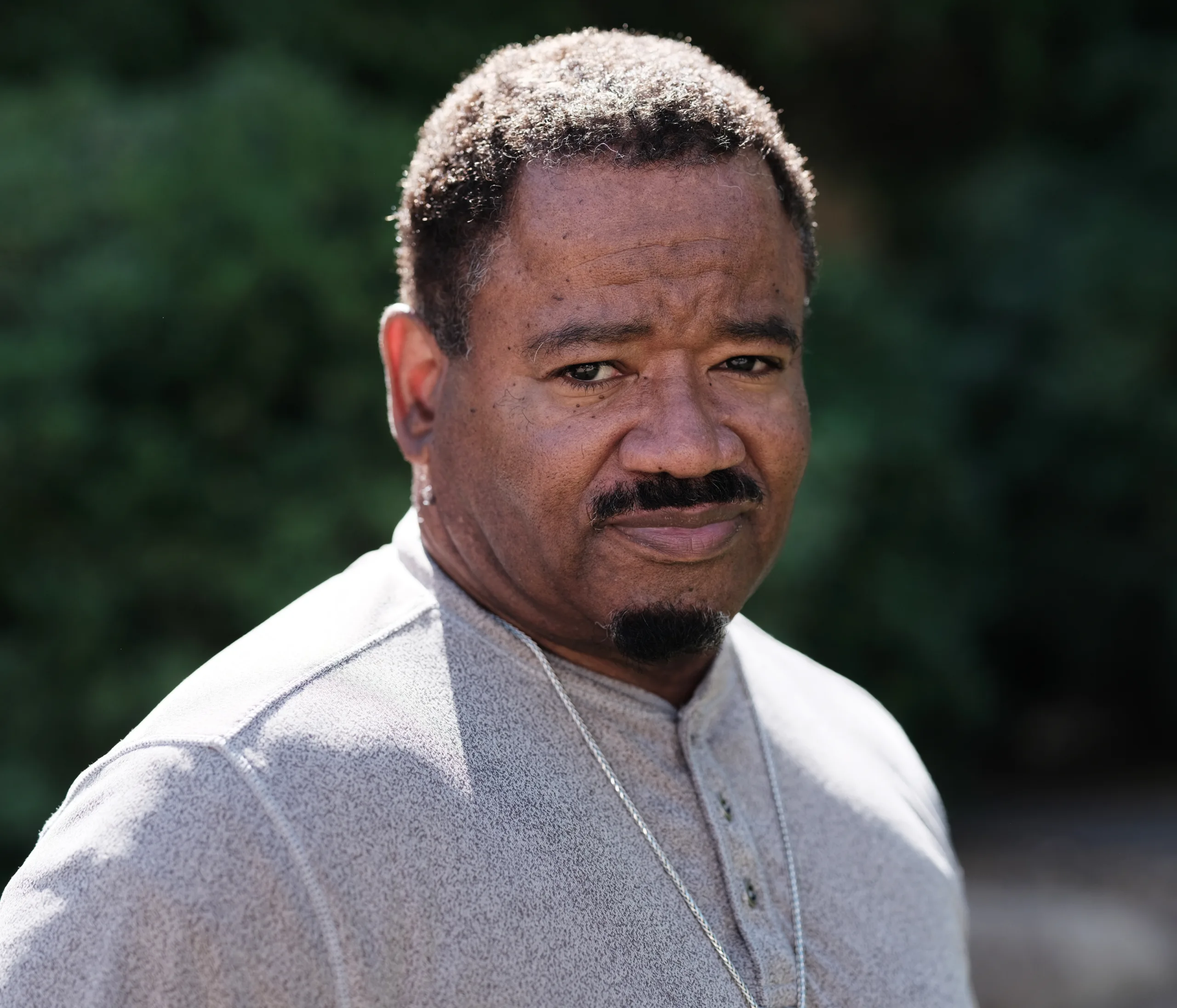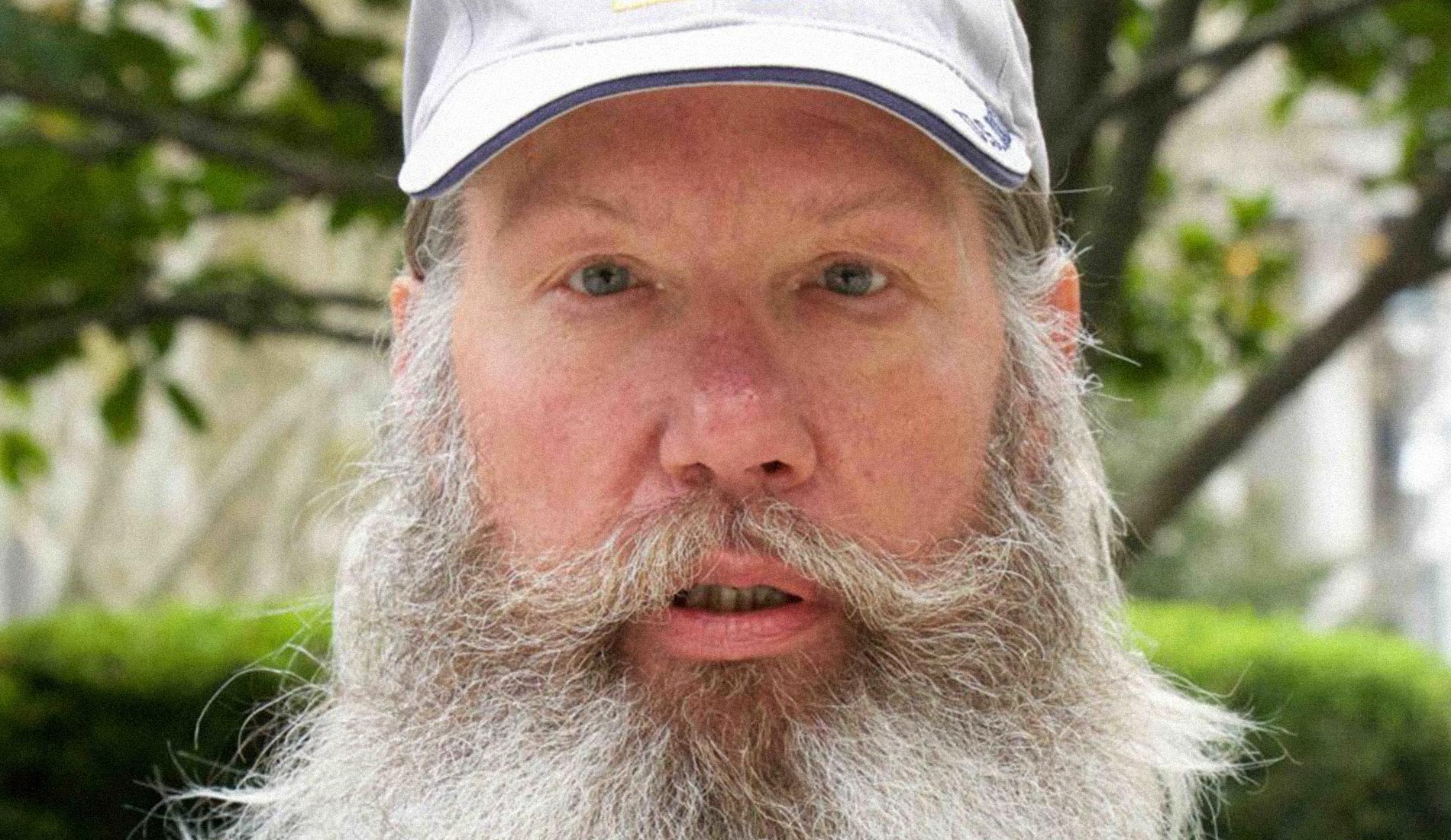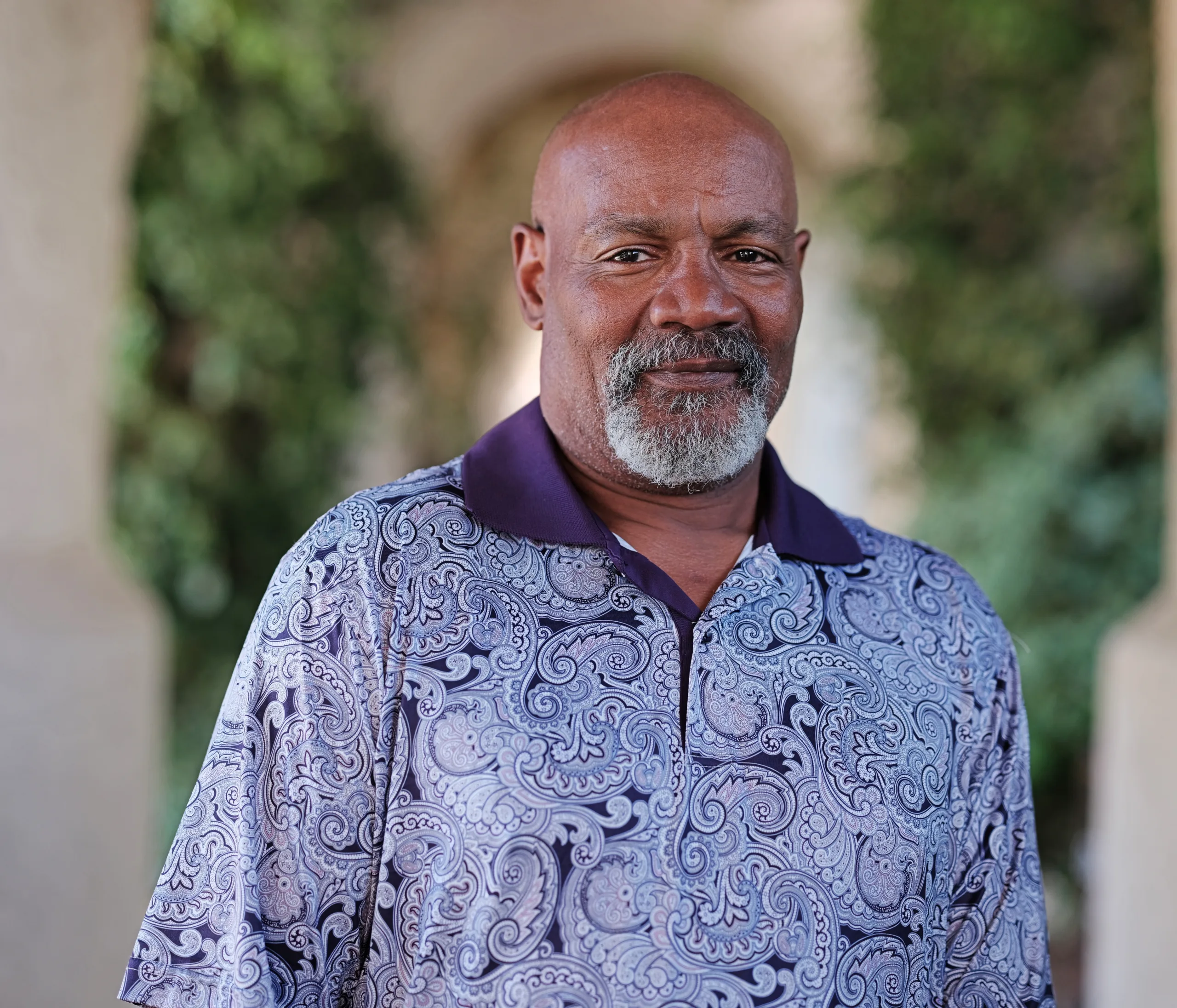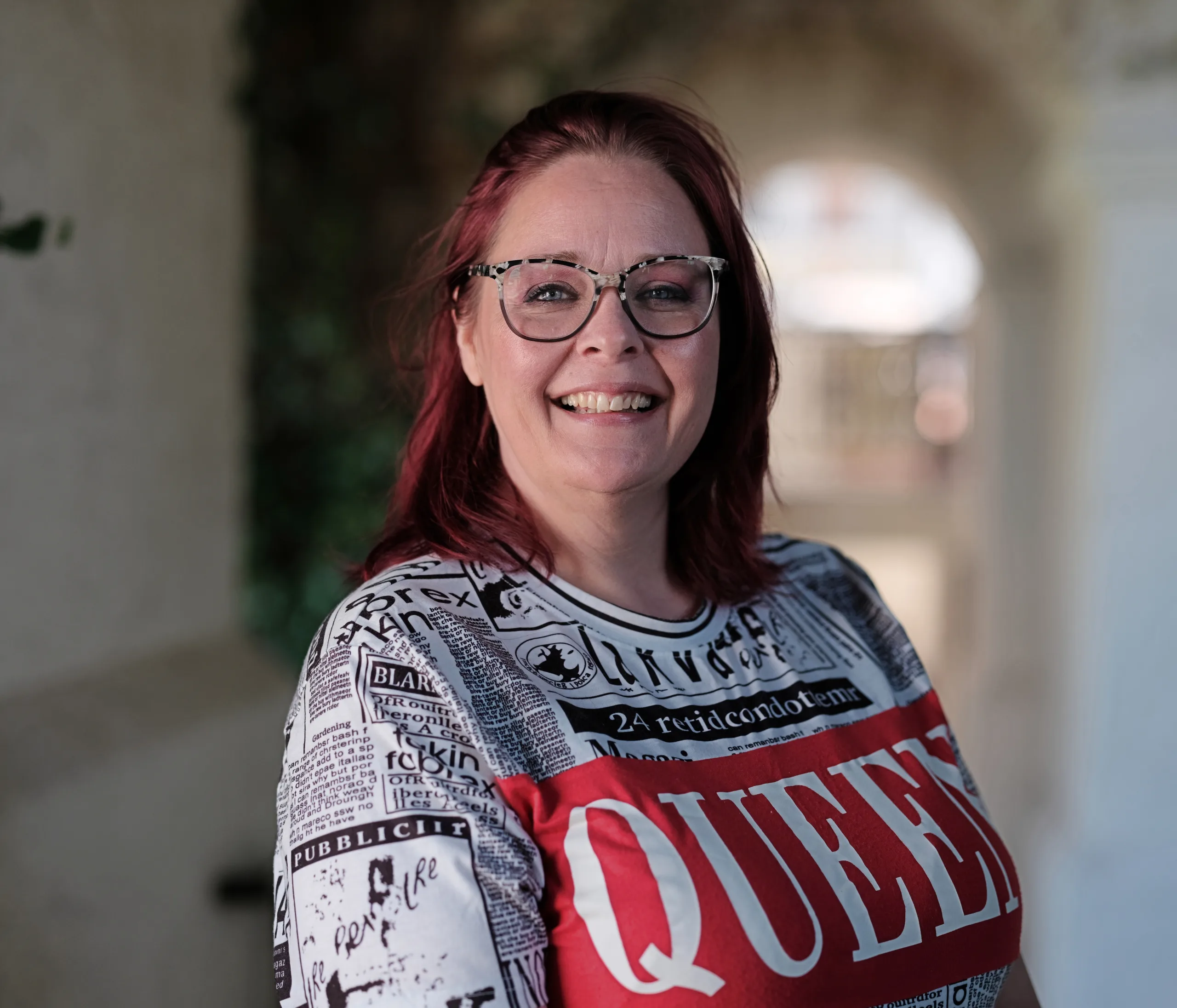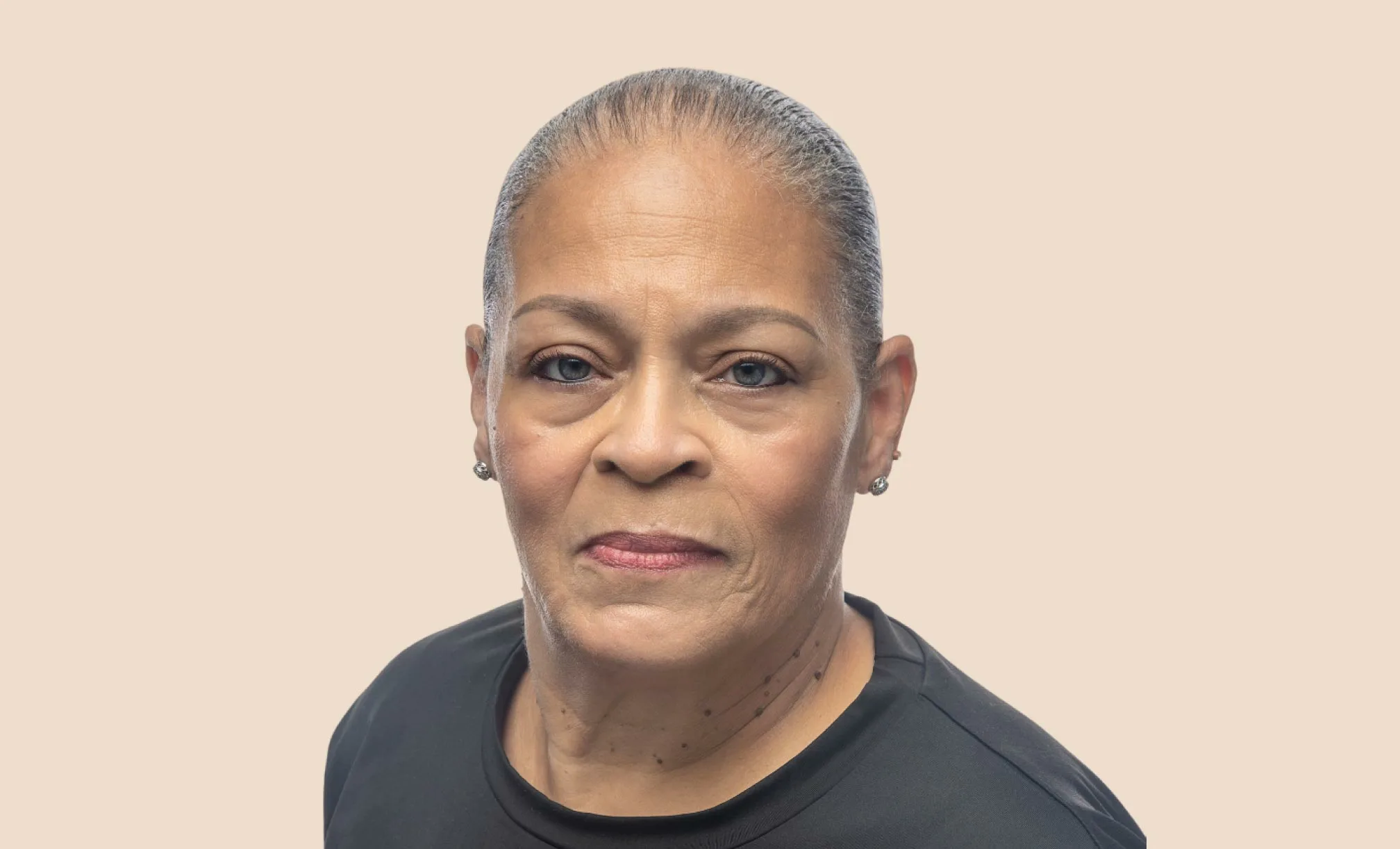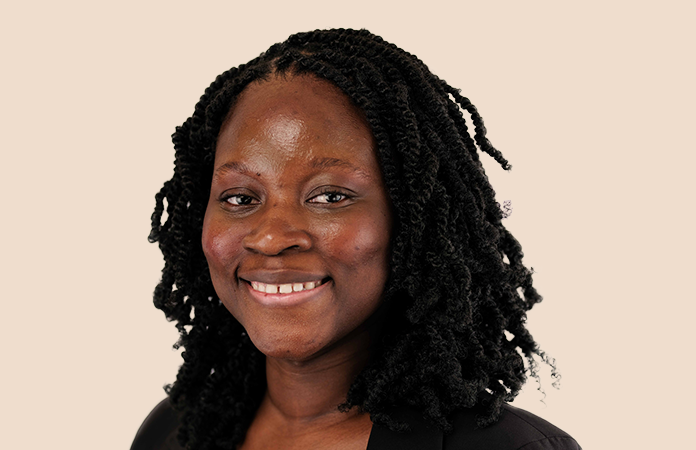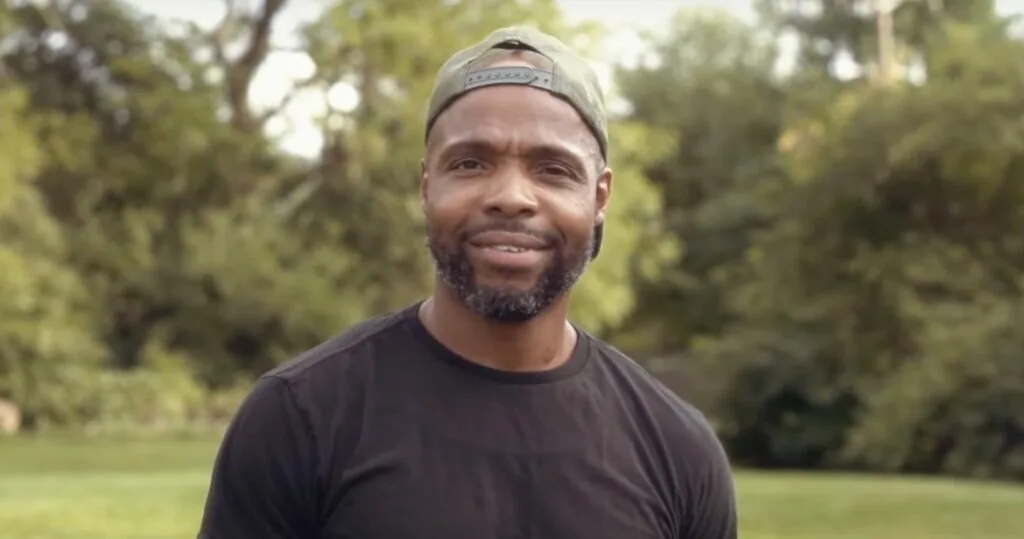My Story
On Dec. 16, 2020, Termaine Hicks was freed from a Pennsylvania prison after his wrongful conviction for a 2001 rape was vacated.
In 2001, Mr. Hicks was walking home when he heard a woman screaming. He found her badly beaten and attempted to call 911 when the police arrived and mistook him for the attacker. Officers shot him three times in the back before they realized their mistake. They then conspired to cover it up and falsely testified that Mr. Hicks had lunged at them with a gun. Based on this testimony, Mr. Hicks was convicted in 2002 of rape, aggravated assault, possessing an instrument of crime, and terroristic threats.
In 2015, Mr. Hicks filed a petition for post-conviction DNA testing on the evidence. Separately, in 2018, his attorneys filed a petition for post-conviction relief, stating that pathology reports and other evidence revealed that he had been shot from behind three times. Two years later, the district attorney’s conviction integrity unit asked a court to vacate Mr. Hicks’ conviction.
Mr. Hicks, an aspiring playwright, is now a member of the Innocence Project’s Exoneree Advisory Council.

